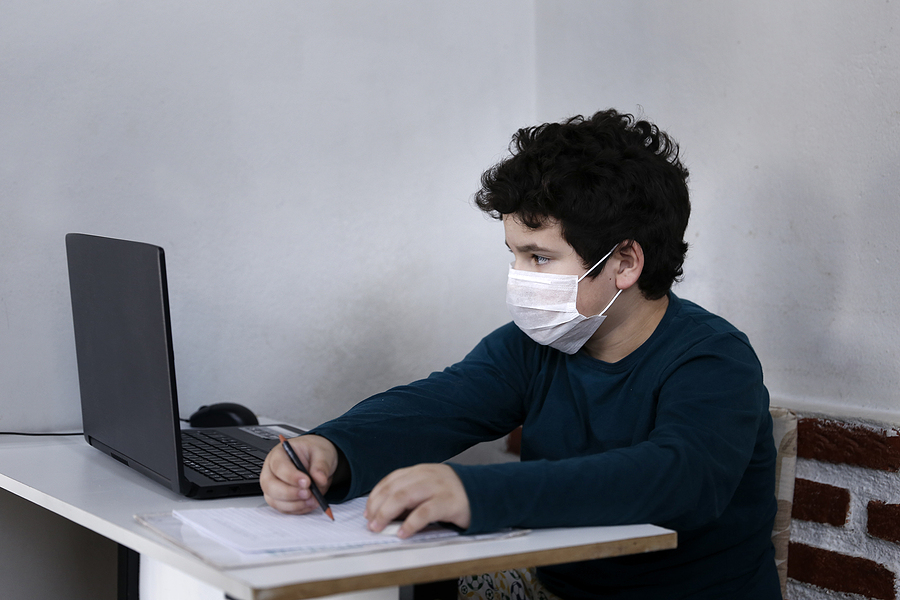The Biden administration has announced that states will have to administer federally required standardized assessments this year, despite the many challenges forced on schools by the pandemic. States, however, are encouraged to request waivers from the accountability provisions of federal law.
Connecticut submitted a waiver request earlier this month that would prevent this year’s testing data from being used to identify low-performing schools. If granted, as seems likely, this flexibility would also prevent schools from being penalized if students participate at a rate below 95 percent as federal law usually requires.
“The pandemic has caused teaching and learning disruptions in our public schools, and the last thing we need to do is administer standardized tests that will only compound the high level of stress students and teachers are currently experiencing,” said CEA President Jeff Leake. “We are disappointed with the U.S. Department of Education’s decision to require standardized testing this year, but we are hopeful that the latitude afforded to states will allow Connecticut greater flexibility in how tests are administered and used. Our educators need to focus on their students’ social and emotional well-being, not on unreliable testing data.”
The Connecticut SBAC testing window opens March 29 this year, the NGSS and LAS Links Assessment of English language proficiency testing windows are already open, and the primary SAT school days for testing are March 24 or April 13.
Though the State Department of Education will require students attending fully in-person or under a hybrid model to be tested in-person and encourages fully-remote students to be tested in-person when possible, remote proctoring of the SBAC and NGSS tests will be allowed for students who are fully-remote. The window for remote proctoring of these tests will open April 19.
Secure browsers will be required for remote assessments, and the state will provide a remote proctoring tool that allows proctors to observe students and communicate with them.
The federal government is also allowing states to submit waivers to allow for administering a shortened version of assessments and/or extending the testing window—even into the beginning of the 2021-22 school year.
The letter from the U.S. Department of Education does make a point to clarify that “Some schools and school districts may face circumstances in which they are not able to safely administer statewide summative assessments this spring using their standard practices. Certainly, we do not believe that if there are places where students are unable to attend school safely in person because of the pandemic that they should be brought into school buildings for the sole purpose of taking a test.”







